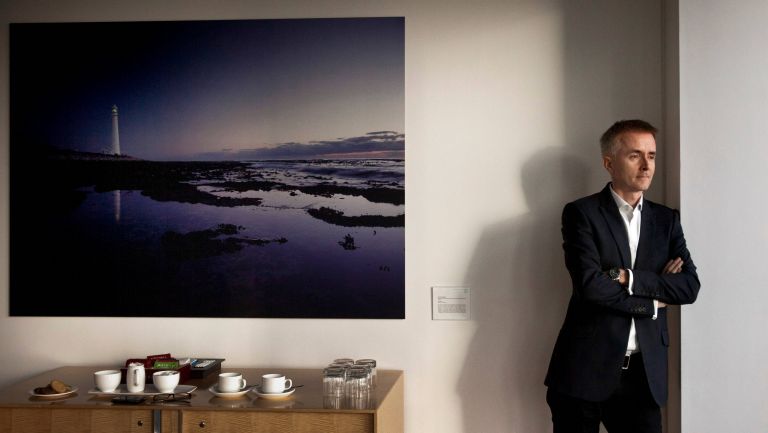
Insights: Jonathan Smart
As Head of Ways of Working at Barclays, Jonathan Smart finds ways to help the bank achieve “better, faster, safer, happier” outcomes
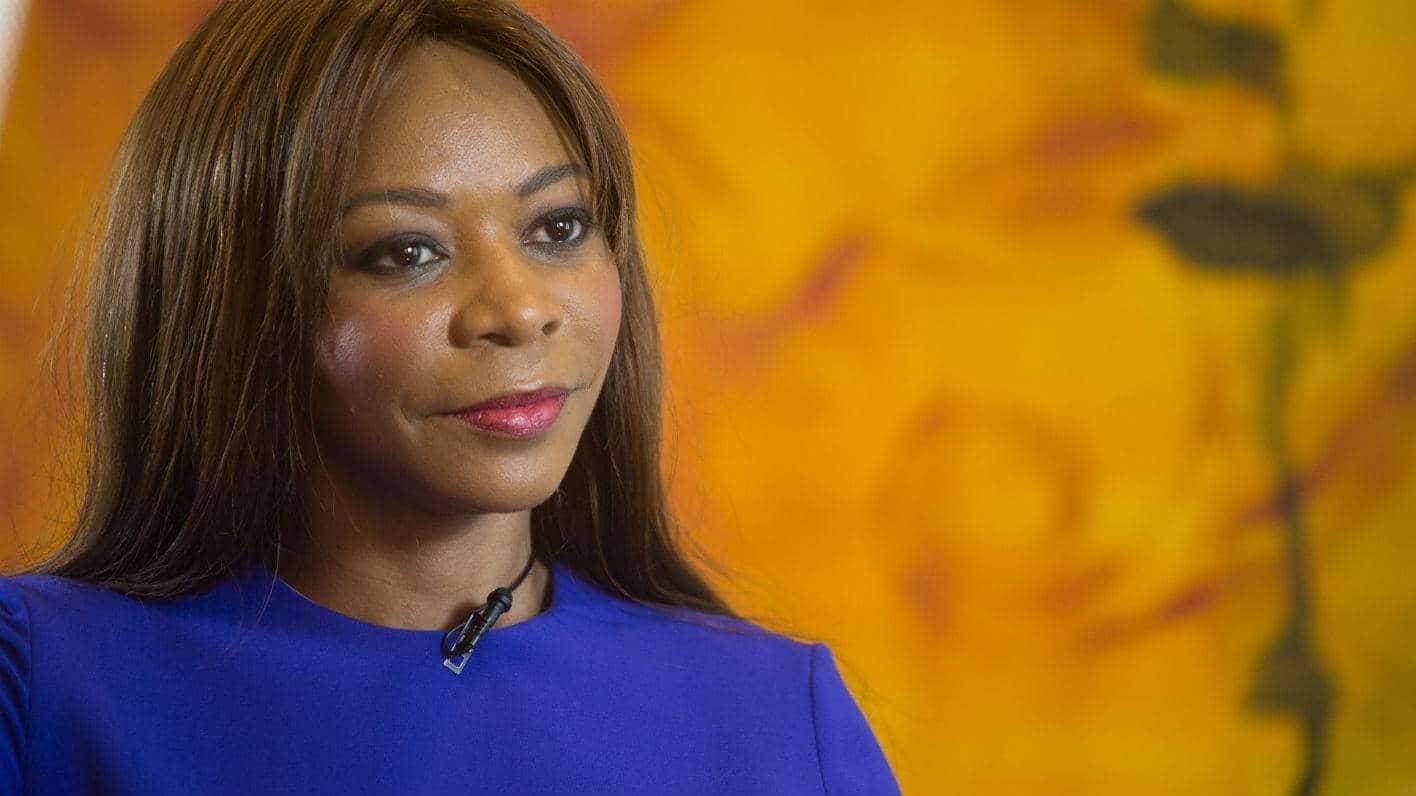
Dambisa Moyo is a Zambian-born economist and author who has been a Non-Executive Director with Barclays since 2010. Moyo’s books cover the “big ideas” of macroeconomics, including the battle for resources and the recalibration of East and West. Here, she gives her insights into the “interesting times” driven by both a change in government models and China’s increasing global role.
We are living in times where having an ideological view around politics and economics is becoming a little bit dated.
The fact that the number one and number two economies in the world – the United States and China – have completely different political models and such different economic models has puzzled many economists. The US, which is a liberal democracy based on market capitalism, is very different from China, which has deprioritised democracy and is largely state capitalist with the government at the centre of the economy.
China’s ability to move hundreds of millions of people out of poverty in just over 40 years is an incredible feat that we can learn from.
China’s ability to move hundreds of millions of people out of poverty in just over 40 years is an incredible feat that we can learn from. Even though on the surface their values and ideologies can be viewed as antithetical to the way we think about democracy and freedom in the West, China’s economic success suggests we need to think a little bit harder about where there’s a middle road for thinking about engagement with countries that don’t share a Western view of the world.
There’s said to be a Chinese saying along the lines of: “May you live in interesting times”. I believe that we do live in extremely interesting times. There are shifts in political and macroeconomic risk, but also there are fundamental changes in the way we’re engaging around the world. One aspect of this is the evolution of non-state actors. This doesn’t just mean ISIS and Al-Qaeda, but also the rise of very wealthy people and philanthropists who are increasingly taking on what used to be the role of government and investing in public services and for the public good.
As China has become more integrated in the global economy, this should be to the benefit of the global economy.
When these very wealthy philanthropists are dealing with education and healthcare, questions about the role of government and the ability of the average citizen to hold them accountable become pertinent.
The progress of China’s outward-bound strategy, where they’ve decided to invest, engage and trade across many countries in the world, isn’t something that was ever going to be linear. It was always going to be very challenging and contain a lot of volatility. Today, China is the largest investor in Australia, the largest foreign lender to the US government, and the largest trading partner with many countries across Africa and South America.
As China has become more integrated in the global economy, this should be to the benefit of the global economy. We do see many countries around the world, particularly emerging countries, which need that investment capital, and need trading partners who are willing to provide terms for their farmers, for example, to help these countries continue to grow. This is where China is often stepping in.
I’m sanguine about China’s role. I don’t think it will be a quid pro quo that everybody will like, but that’s why we need effective governments, because those governments have a responsibility to ensure that the type of deals that are struck – with China or with anyone else – are done in an effective and advantageous way.

As Head of Ways of Working at Barclays, Jonathan Smart finds ways to help the bank achieve “better, faster, safer, happier” outcomes
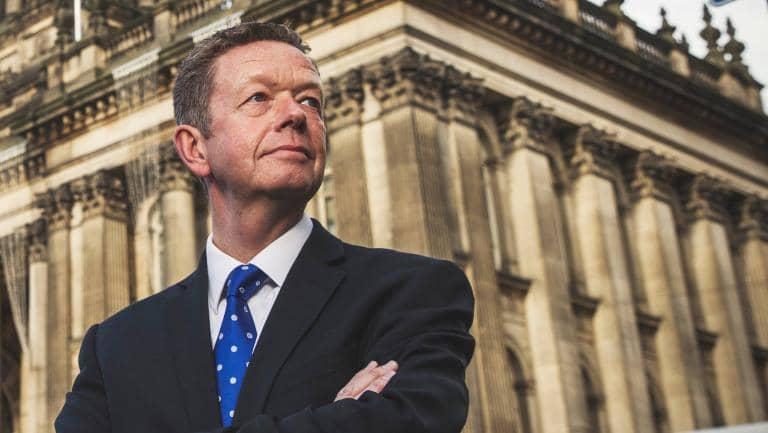
Barnsley-born Tony Walsh runs the corporate team across the north of England for Barclays
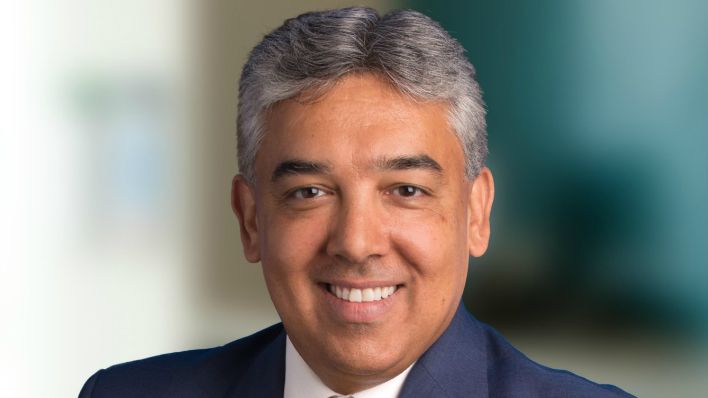
Barclays Global Head of Trade and Working Capital, Baihas Baghdadi understands the importance of exports in driving UK economic and business growth
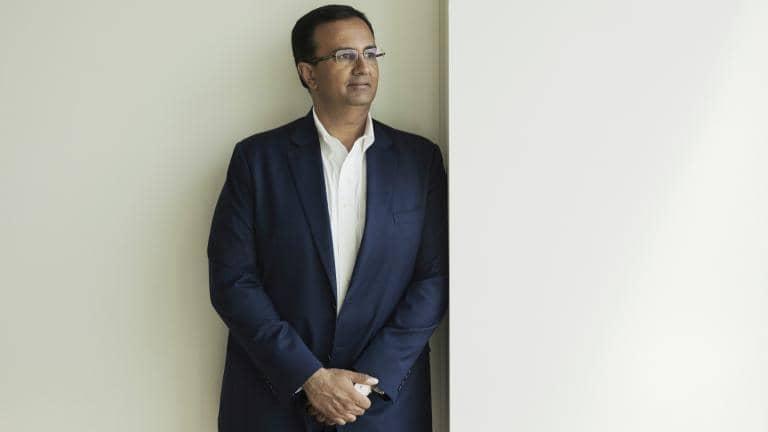
As Head of Omnichannel and Customer Experience at Barclays, Raheel Ahmed heads a team that deals with two billion ‘customer interactions’ every year